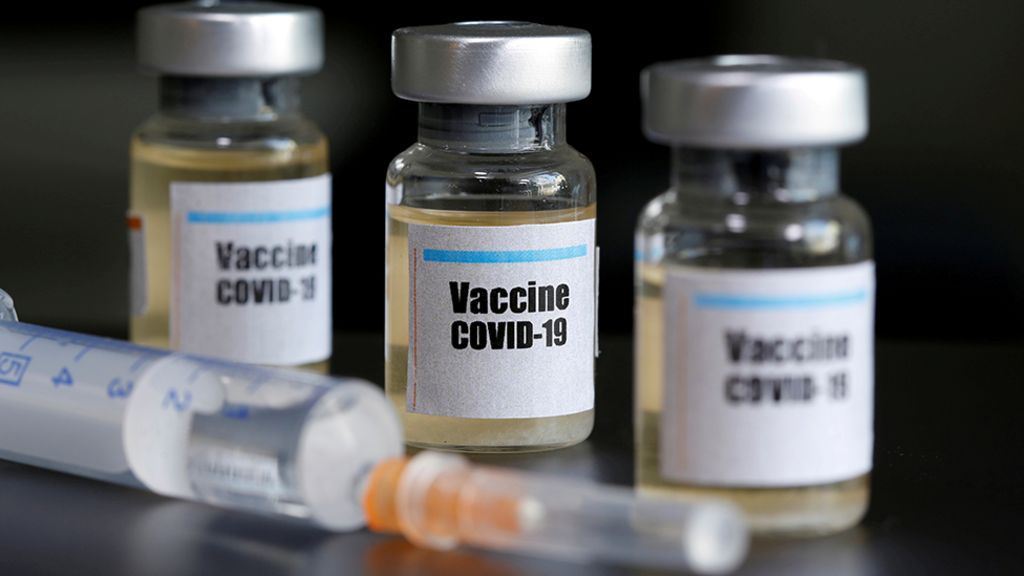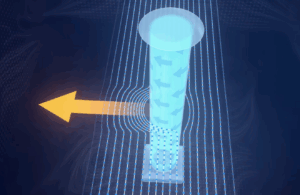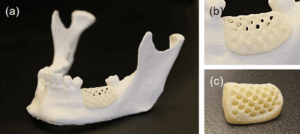As vaccine distribution rises, attorneys and advocates want reliable injury reparations
Located in a Washington D.C. suburb, the U.S. government-sponsored Countermeasures Injury Compensation Program has just four employees and handles vaccine-injury claims in the United States. Historically, the program has sided against the consumer, and in the past decade, it has rejected 90% of all vaccine-injury claims. Now, as the U.S. executes mass vaccine distribution and the program may face a high volume of claims, attorneys and advocates are concerned whether the program can provide fair reparations to its claimants.
While vaccines are typically highly effective, a small minority of vaccine recipients do sometimes feel side effects. Although researchers have not confirmed the exact side effects of the COVID-19 vaccine, some vaccine recipients have reported complications. According to the Centers for Disease Control and Prevention (CDC), common complaints have included mild pain, swelling, fever, chill, fatigue, and headache. Moreover, in the first few weeks of Pfizer’s vaccine distribution, an Alaskan health worker suffered a severe allergic reaction and experienced shortness of breath. In addition to this case, the CDC reported that six Americans and two Britons had strong allergic reactions—the causes of which are currently unknown—days after taking the Pfizer-BioNTech vaccine. So far, nearly 40 million Americans have received at least one dose of the vaccine.

Recently, a woman living in Cleveland claimed that ten days after she received her first dose of the Moderna vaccine, she noticed swelling in one of her lymph nodes, a symptom often associated with breast cancer. The CDC also recorded that 11% of people who receive their first dose of the Pfizer or Moderna vaccine experience swollen lymph nodes. However, Dr. Holly Marshall of the company University Hospitals, explained to Cleveland News that any swelling was likely a result of the body creating antibodies to fight COVID-19 and urged vaccine recipients to not panic if they were experiencing symptoms.
Experts believe that the sheer number of people receiving the vaccine could drastically alter the workload of the countermeasures program. Since 2010, the program has received fewer than five claims per month. However, hundred million Americans are expected to receive the coronavirus vaccine in the next six months. If just one out of one million vaccine recipients alleges an injury, the program could receive over 30 vaccine-injury claims per month. On average, the program takes six months to one year to resolve a single injury case.

“It could essentially break the program,” says attorney Anne Carrión Toale, who works for a Florida-based firm that handles hundreds of vaccine-injury cases.
To compensate for the projected increase in claims, a spokesperson from the U.S. Department of Health and Human Services said that the agency plans to hire more workers.
Many lawyers and consumer advocates believe that another program, Vaccine Court, should handle COVID-19 cases over the countermeasures program. Formerly known as the Vaccine Injury program, the government-run program compensates around 70% of claimants, allows consumers to file claims up to three years after an incident, and pays for attorneys and medical professionals to consult on the case. In contrast, the Countermeasures program prevents consumers from filing claims one year after they receive a vaccine, does not conduct hearings, and does not pay for legal fees.
George Washington University law professor Peter Myers has investigated the Countermeasures program for several years and has suggested that it should be revamped or even replaced. He believes that the subpar compensation program hurts public confidence about the vaccine, which “[gives] ammunition to anti-vaxxers and undermines the widespread use of these vaccines.”
Myers has called on President Joe Biden and Congress to create a new program, using the principles of Vaccine Court and the 9/11 Victim Compensation Fund to address claims from alleged coronavirus vaccine-injury victims.
“Truth is essential here,” Myers said. “It’s very important to get the message out to people: We have a good program that will look after [you if] you’re one of those very few people who have an adverse reaction.”
– Jayden Personnat
Image Sources







Comments are closed.